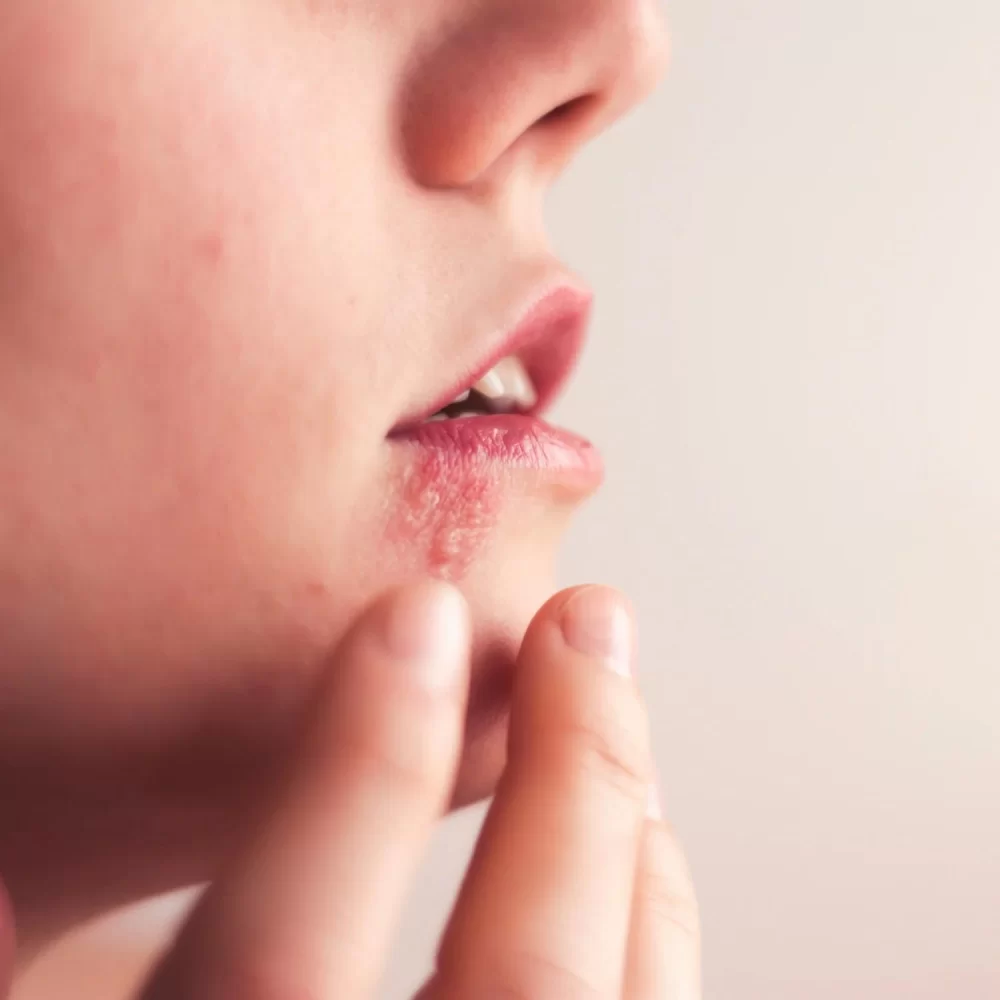
Understanding Oral Herpes and Its Impact
Oral herpes, caused primarily by the herpes simplex virus type 1 (HSV-1), affects millions of people worldwide, including a significant portion of the U.S. population. It manifests as painful sores and blisters around the mouth and lips, often catching individuals by surprise. Understanding how to check for oral herpes is crucial for early diagnosis and effective management, helping to reduce discomfort and prevent transmission.
1. Recognizing the Symptoms of Oral Herpes
Early recognition of oral herpes symptoms is the first step in checking for the condition. Typical signs include:
- Tingling or itching sensations: Many people feel a tingling, burning, or itching sensation around the mouth before sores appear.
- Blister formation: Small, fluid-filled blisters develop on or around the lips, which eventually break and crust over.
- Pain and discomfort: Sores can be painful, especially when eating, drinking, or talking.
- Flu-like symptoms: Fever, swollen lymph nodes, and general malaise may accompany the initial outbreak.
It’s important to note that some individuals may carry the virus asymptomatically or experience very mild symptoms that go unnoticed.
2. Methods for Diagnosing Oral Herpes
Determining whether you have oral herpes involves several testing approaches, often guided by a healthcare professional:
2.1 Visual Examination
Doctors typically start with a physical examination of the sores and symptoms. While this method is quick and non-invasive, it may not conclusively diagnose HSV due to similarity with other oral conditions.
2.2 Laboratory Testing
For confirmation, laboratory tests may be performed:
- Polymerase Chain Reaction (PCR) Test: This highly sensitive test detects HSV DNA from a swab of the lesion, providing a definitive diagnosis.
- Viral Culture: In this method, a sample from the sore is cultured to identify the virus, though it’s less commonly used due to longer processing times.
- Blood Tests: Blood tests can identify antibodies to HSV-1 or HSV-2, indicating past or current infection, but they don’t specify the location of infection.
3. When and How to Get Tested for Oral Herpes
If you experience symptoms consistent with oral herpes, such as recurrent sores or unusual oral sensations, it’s advisable to seek medical evaluation promptly. Testing is especially important if:
- You have never been diagnosed with herpes but suspect exposure.
- You experience frequent or severe outbreaks.
- You want to understand your status before entering new intimate relationships.
Consult your healthcare provider to discuss the best testing options and to ensure accurate diagnosis. Early testing can lead to more effective treatment plans and reduce transmission risk.
4. Managing and Treating Oral Herpes
While oral herpes is a lifelong condition with no cure, effective management can alleviate symptoms and reduce outbreak frequency:
4.1 Antiviral Medications
Prescription antiviral drugs like acyclovir, valacyclovir, and famciclovir help speed up healing, lessen pain, and lower transmission risk when taken at the first sign of symptoms or regularly as suppressive therapy.
4.2 Home Care and Lifestyle Adjustments
Simple practices can ease discomfort during outbreaks:
- Keeping the affected area clean and dry.
- Avoiding spicy or acidic foods that irritate sores.
- Using over-the-counter topical creams or pain relievers.
- Managing stress, which can trigger outbreaks.
5. Personal Stories: Facing Oral Herpes with Awareness
Consider Sarah, a young woman in California, who first noticed small blisters on her lips after a stressful week at work. Initially unsure of what they were, Sarah consulted her doctor and underwent PCR testing, which confirmed oral herpes. Through antiviral therapy and lifestyle changes, she now manages her condition effectively and educates others about the importance of awareness and early testing.
Understanding Oral Herpes Beyond Symptoms
Oral herpes often carries a social stigma that can affect mental well-being. Education and open conversations are key to normalizing the condition and encouraging people to seek testing and treatment. Reliable sources like Dentistry Toothtruth provide resources and service recommendations to support those living with or concerned about oral herpes.
Knowing how to check for oral herpes empowers individuals to take control of their health, seek timely care, and reduce transmission risks within communities. If you suspect you have oral herpes, reach out to healthcare professionals for testing and guidance on management options.

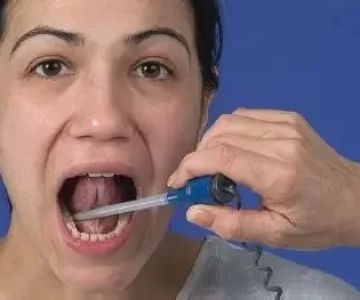
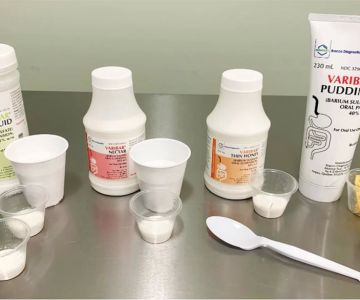
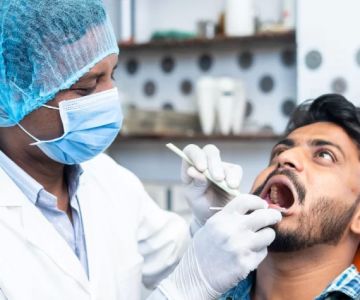
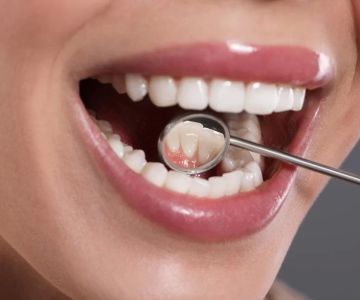
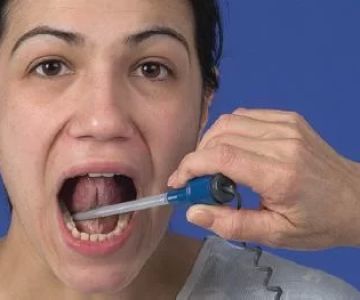
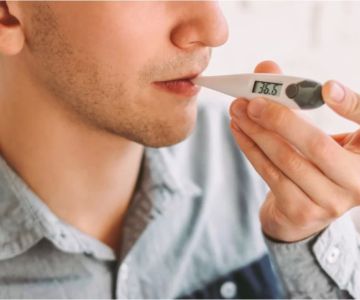
 iSmile Dental4.0 (745 review)
iSmile Dental4.0 (745 review) John D. Meola, DDS5.0 (4 review)
John D. Meola, DDS5.0 (4 review) Don C. Kalant Sr. DDS, FACD, FICD3.0 (32 review)
Don C. Kalant Sr. DDS, FACD, FICD3.0 (32 review) Anchor Endodontics4.0 (48 review)
Anchor Endodontics4.0 (48 review) HealthPartners Dental Specialty Center Woodbury - Lake Elmo3.0 (38 review)
HealthPartners Dental Specialty Center Woodbury - Lake Elmo3.0 (38 review) Portland Pearl Orthodontics4.0 (65 review)
Portland Pearl Orthodontics4.0 (65 review) The Importance of Oral Health Education During Pregnancy for a Healthy Pregnancy
The Importance of Oral Health Education During Pregnancy for a Healthy Pregnancy Best Tips for Brushing Your Teeth Properly for Healthy Gums: Essential Techniques for Oral Health
Best Tips for Brushing Your Teeth Properly for Healthy Gums: Essential Techniques for Oral Health Why Skipping Dental Checkups Can Lead to Bigger Oral Health Problems
Why Skipping Dental Checkups Can Lead to Bigger Oral Health Problems Advantages of Porcelain Dental Restorations
Advantages of Porcelain Dental Restorations How Can Diabetes Cause Tooth and Gum Problems? Preventing and Managing Oral Health Issues
How Can Diabetes Cause Tooth and Gum Problems? Preventing and Managing Oral Health Issues Healthy Habits for Promoting Good Oral Health and Hygiene: Tips for a Healthy Smile
Healthy Habits for Promoting Good Oral Health and Hygiene: Tips for a Healthy Smile